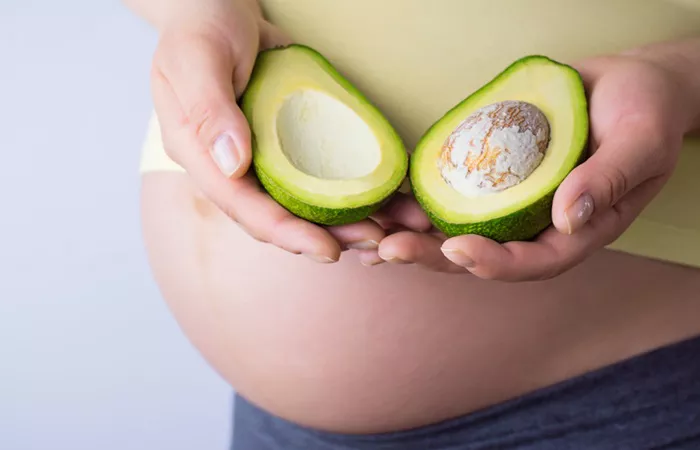As food allergies continue to rise in children, with nearly two in five kids affected, new research suggests that efforts to prevent them may start before birth. A study published in Pediatric Research found that pregnant individuals who ate avocados could reduce their baby’s risk of developing food allergies by the time they turn one.
The study, which looked at data from over 2,200 pregnant participants, found that those who consumed at least one avocado during their first or third trimester had a 43.6% lower chance of their child developing food allergies at 12 months. This held true even after considering factors like age, diet, breastfeeding, and lifestyle.
The key to this benefit lies in the nutrients avocados provide. The study highlighted three main factors:
Antioxidants like vitamin E and zinc found in avocados may help program a baby’s immune system in utero.
Fiber helps develop the gut microbiome, and research shows that a fiber-rich diet during pregnancy can produce short-chain fatty acids that protect against allergies.
Monounsaturated Fats may modulate immune responses and are linked to a reduced risk of asthma in older children and adults. These effects may extend to infants, though further research is needed.
While this is the first study to focus specifically on avocado intake, it adds to a growing body of research showing that maternal nutrition plays a significant role in a baby’s health. Previous studies have shown that a Mediterranean diet or vitamin D supplementation during pregnancy can also impact allergy risk.
Incorporating avocados into a balanced diet during pregnancy may offer a simple way to help reduce allergy risks for babies, but it’s always best to consult a healthcare provider for personalized advice.
Related topics:


